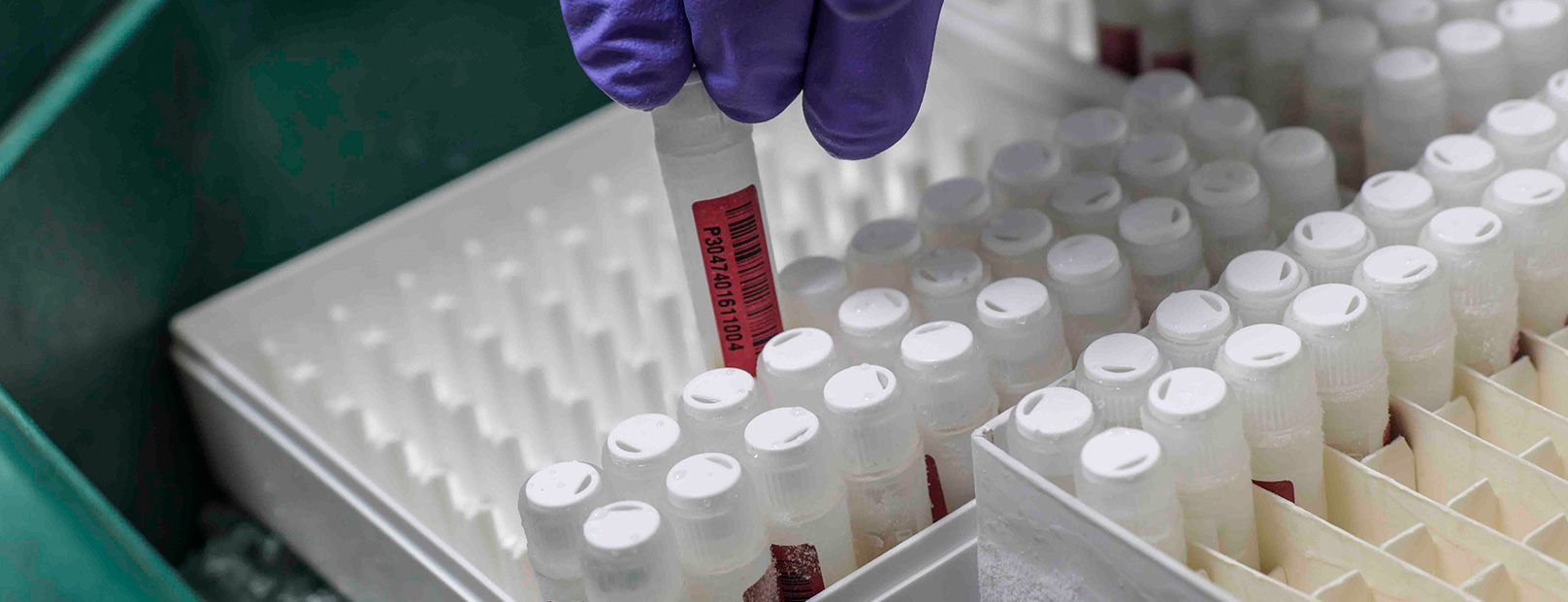- Home
- Approaches
- Early Stage/Basic Research
- Sentinals

The Gates Foundation launched ‘Sentinels Experiment in India’ as an open initiative to support innovation practitioners, new partners, new ideas, and new opportunities that can either solve gaps in existing strategies or create completely new opportunities and pathways to the outcomes sought on the broader global health challenges. This program was specifically designed for supporting early stage and basic research.
The Sentinels initiative intends to source innovation in India, by working with sentinels for excellence and innovation, who can help identify new ideas and scientists in their institutions, networks, and regions. The experiment used special administrative mechanisms to provide awards of INR 50,00,000/- to each innovative project to generate proof-of-concept.
The initiative engaged with seven innovation practitioners for new ideas that are focused on exploring the unique aspect of health issues with special emphasis on innovative, impactful research of new innovations.
The seven supported projects are aiming to solve a wide range of problems are enlisted below: piloting and testing varied concepts: